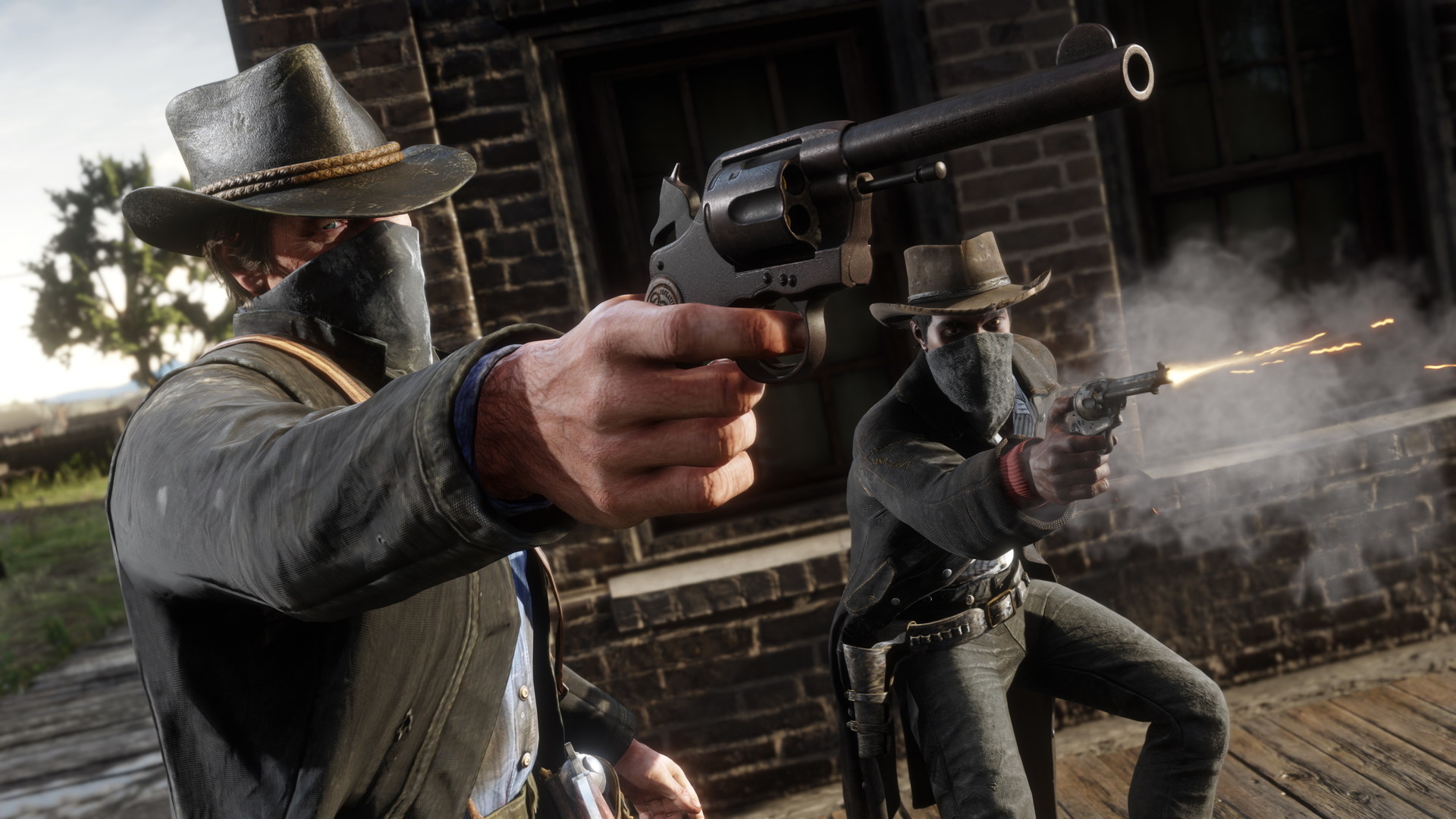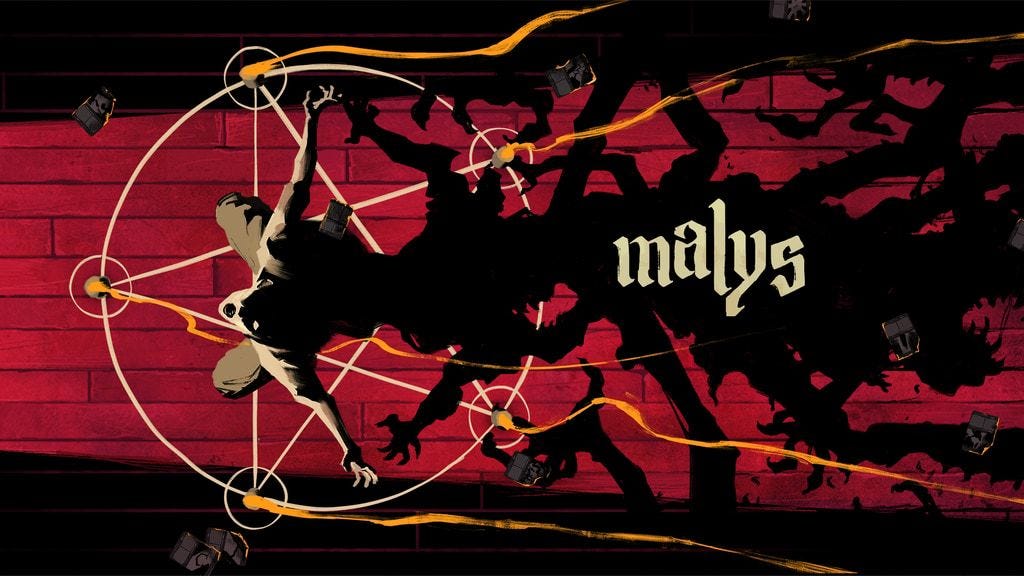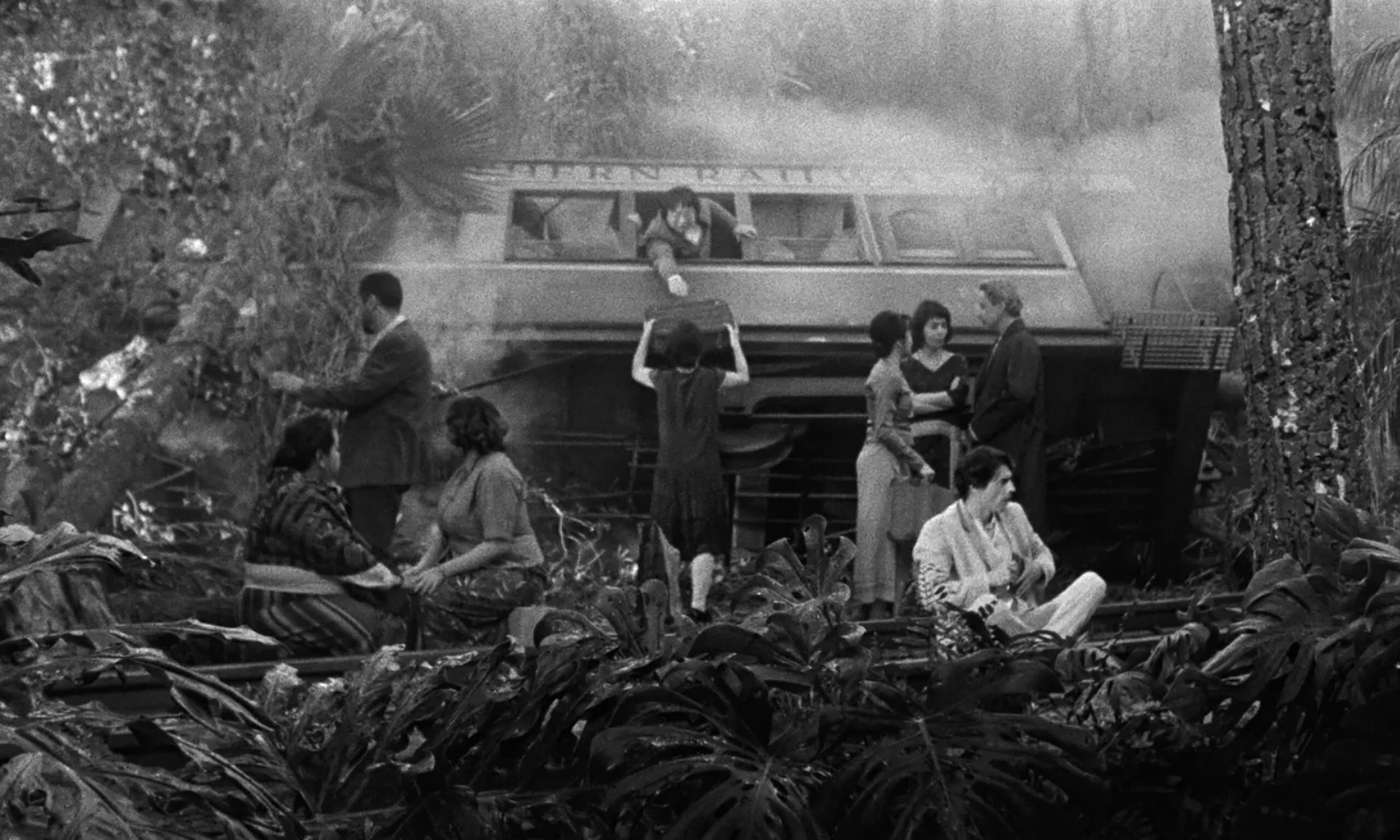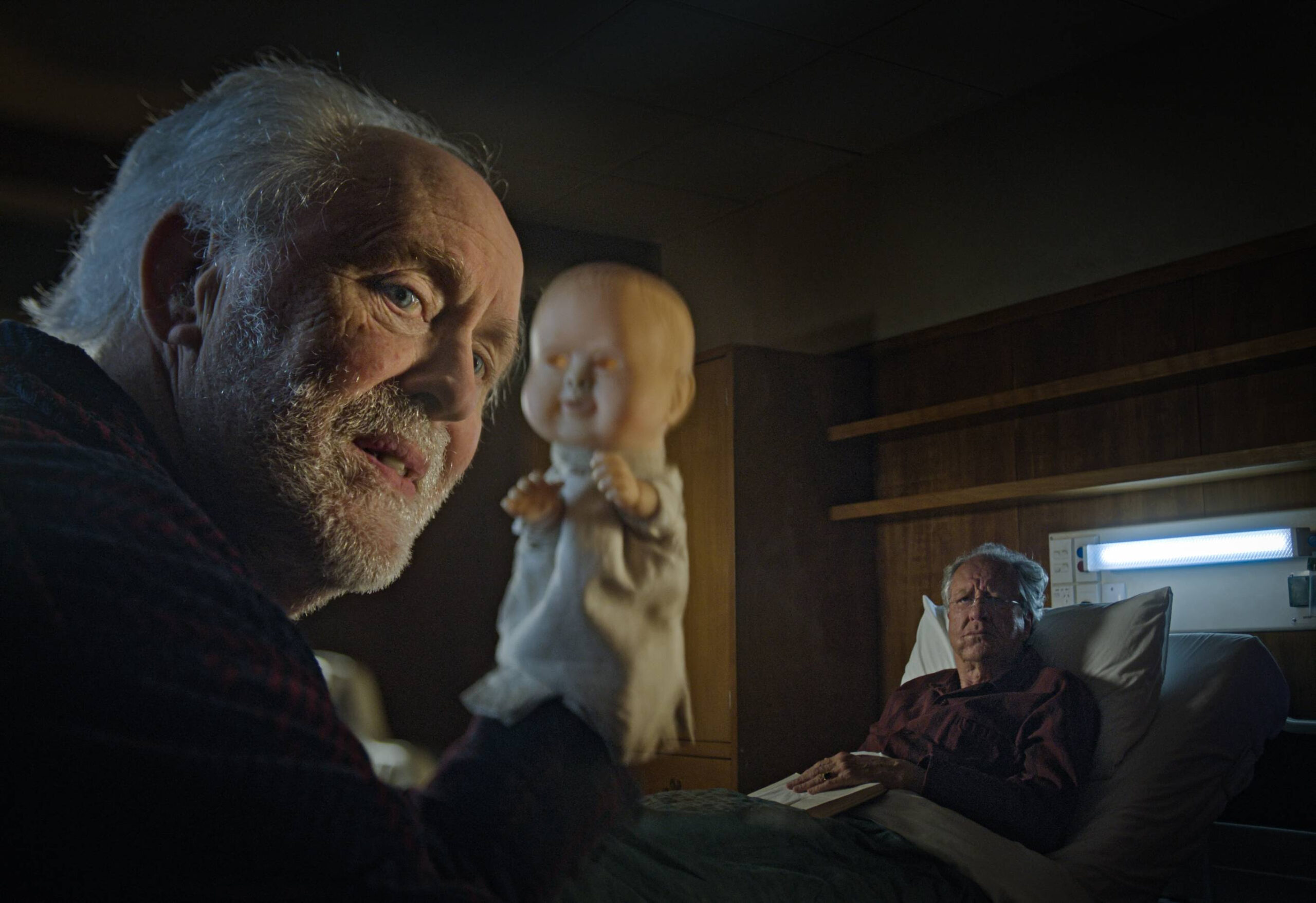Eric LaRue Review: Michael Shannon’s Directorial Debut is a Bleak Yet Impressive Showcase for Judy Greer
Michael Shannon set himself up with quite a daunting challenge for his directorial debut: how can one capture oppressively bleak, soul-consuming feelings of guilt while not having the viewer feel trapped in a flat register of misery porn? Thanks to his patient, quiet approach, assiduous performances from Judy Greer and Alexander Skarsgård, and accentuating aberrations […] The post Eric LaRue Review: Michael Shannon’s Directorial Debut is a Bleak Yet Impressive Showcase for Judy Greer first appeared on The Film Stage.


Michael Shannon set himself up with quite a daunting challenge for his directorial debut: how can one capture oppressively bleak, soul-consuming feelings of guilt while not having the viewer feel trapped in a flat register of misery porn? Thanks to his patient, quiet approach, assiduous performances from Judy Greer and Alexander Skarsgård, and accentuating aberrations of uneasy humor amidst stomach-churning situations, Eric LaRue––scripted by Brett Neveu from his own 2002 play––nearly escapes these oft-recurring pitfalls and clichés.
Judy Greer plays Janice, a mother sleepwalking through life in a pained daze after her son murdered three of his high school classmates. She’s disillusioned from the Christian community she seemingly used to call home while her husband Ron (Alexander Skarsgård, once again impressively playing against-type) has only further embraced religion as a means of ignoring reality and having blind, misguided faith that everything happens for a reason. With his wife shut off from both him and the outside world, he finds a connection with Lisa (Alison Pill), a co-worker with whom he attends a competing evangelical church. Using the facade of Jesus’ love, Ron and Lisa test the boundaries of unfaithfulness with sensual hugs and longing glances. Meanwhile, Janice attempts to step back in society, returning to a convenience store-type job while also getting pressure from her pastor, Steve Calhan (Paul Sparks), to confront guilt face-on by meeting with moms of the boys her son murdered.
Despite smatterings of brief flashbacks, the horrific tragedy is never shown, a testament to Shannon’s overall restraint with the difficult material. Neveu’s script is more interested in the emotional aftermath than the event, particularly the unexpected physical reactions one has while sitting in a state of shock; a group of teenage boys playing outside one’s house carries a far different resonance of life you’ll never see again. Greer is tasked with the lion’s share of conveying this stagnancy of grief; she carries it well, portraying a hollowed-out blank slate until she must directly confront what happened. Skarsgård’s Ron, sporting a goatee with a revolving wardrobe of plaid button-downs and jeans, is pitch-perfect as a Bible Belt lemming, attempting to wring authority in the household by twisting God’s words to put his wife in her place. With Jane wholly disconnected from her marriage, it doesn’t go as planned––she can see through the band-aid platitudes of his ideology. Much as Eric LaRue is about learning to live with a sense of suffering that may never subside, it’s also a fairly effective portrait of spousal divide on matters of faith. Shannon finds the humor in the human awkwardness of going through the motions of an expired relationship when significant others are walking far different paths.
While certain passages depicting this journey of grief (e.g. Jane returning to her son’s room for the first time) ring trite and rather predictable, Shannon finds the most poignant emotion in extended sequences of conversation as Jane contends with her own guilt and wondering if she could have done anything differently. In these brutally difficult discussions––first with a group of mothers and then, climactically, her own son––Shannon has the patience to let actors sit with incredibly complex feelings of pain, shame, and remorse. If her son came home every day crying from being bullied, is there a sliver of his mother that could grasp the unspeakable horrors he carried out? Eric LaRue doesn’t carry the easy answers a more emotionally manipulative film might offer up. At a heavy two hours, Shannon wants the viewer to wallow in these feelings, the only reprieve being the nervous humor of out-of-their-element supporting characters––notably Sparks’ Pastor Steve wanting the mothers to heal and move on despite being a terrible, out-of-touch mediator as raw nerves are prodded.
It’s this authentically messy melding of unspeakable sorrow and thorny human behavior where Eric LaRue works best. At the end of the viewer’s taxing journey, which is only the beginning of a new one for Jane, the sense that it was emotionally worthwhile isn’t quite evident, but one does walk away with a strong portrait of the ways evangelism can mask true healing.
Eric LaRue opens in theaters on April 4, 2025.
The post Eric LaRue Review: Michael Shannon’s Directorial Debut is a Bleak Yet Impressive Showcase for Judy Greer first appeared on The Film Stage.



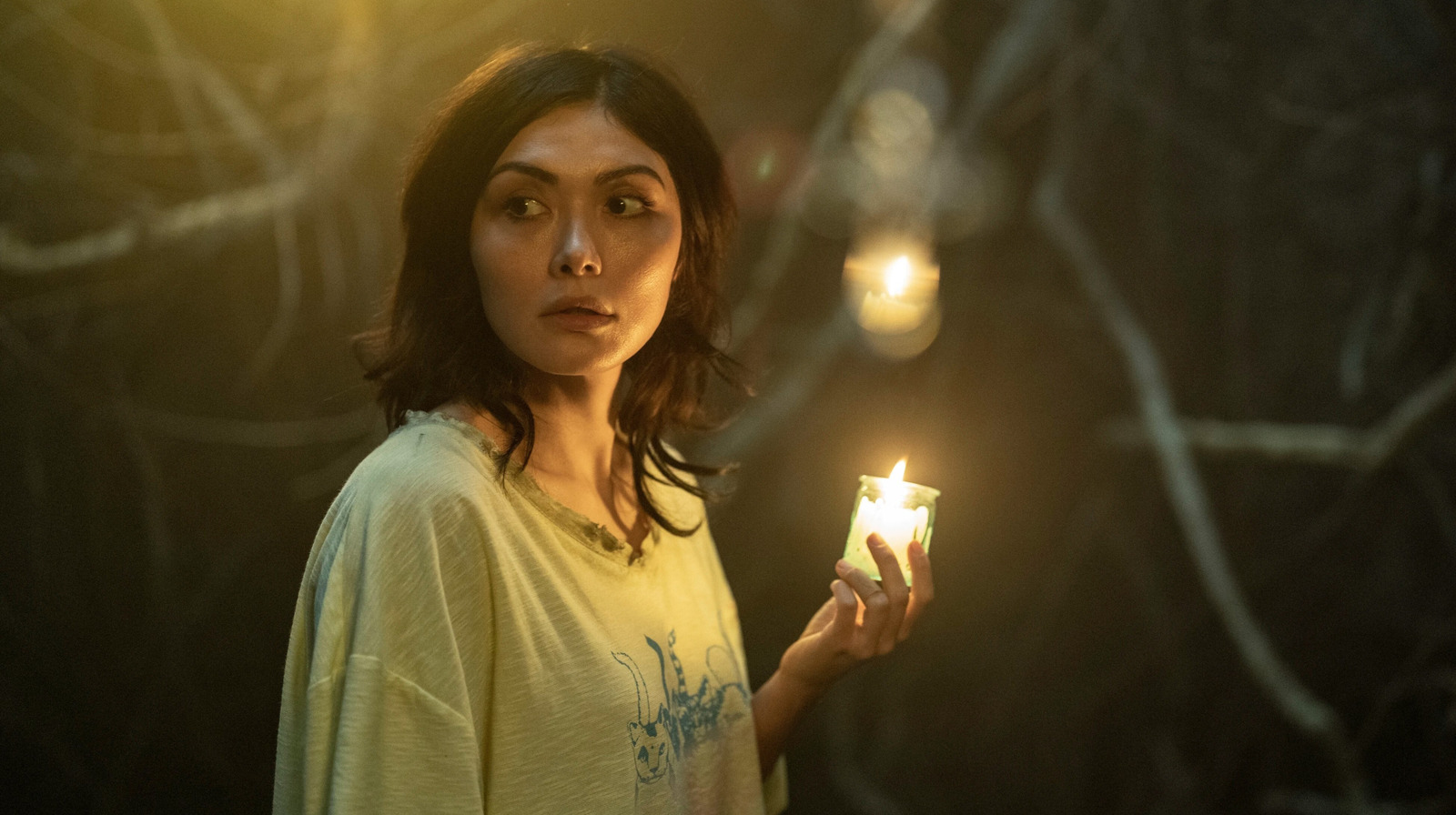
![From Software Unveils Multiplayer-Focused Switch 2 Exclusive Soulslike ‘The Duskbloods’ [Trailer]](https://i0.wp.com/bloody-disgusting.com/wp-content/uploads/2025/04/duskbloods.jpg?fit=900%2C580&ssl=1)
![Netflix’s ‘Devil May Cry’ Hits a Bloody Bullseye With Hellbeasts, Brutal Battles & Buffoonery [Review]](https://bloody-disgusting.com/wp-content/uploads/2025/03/Devil-May-Cry-Dante-With-Demons.jpg)
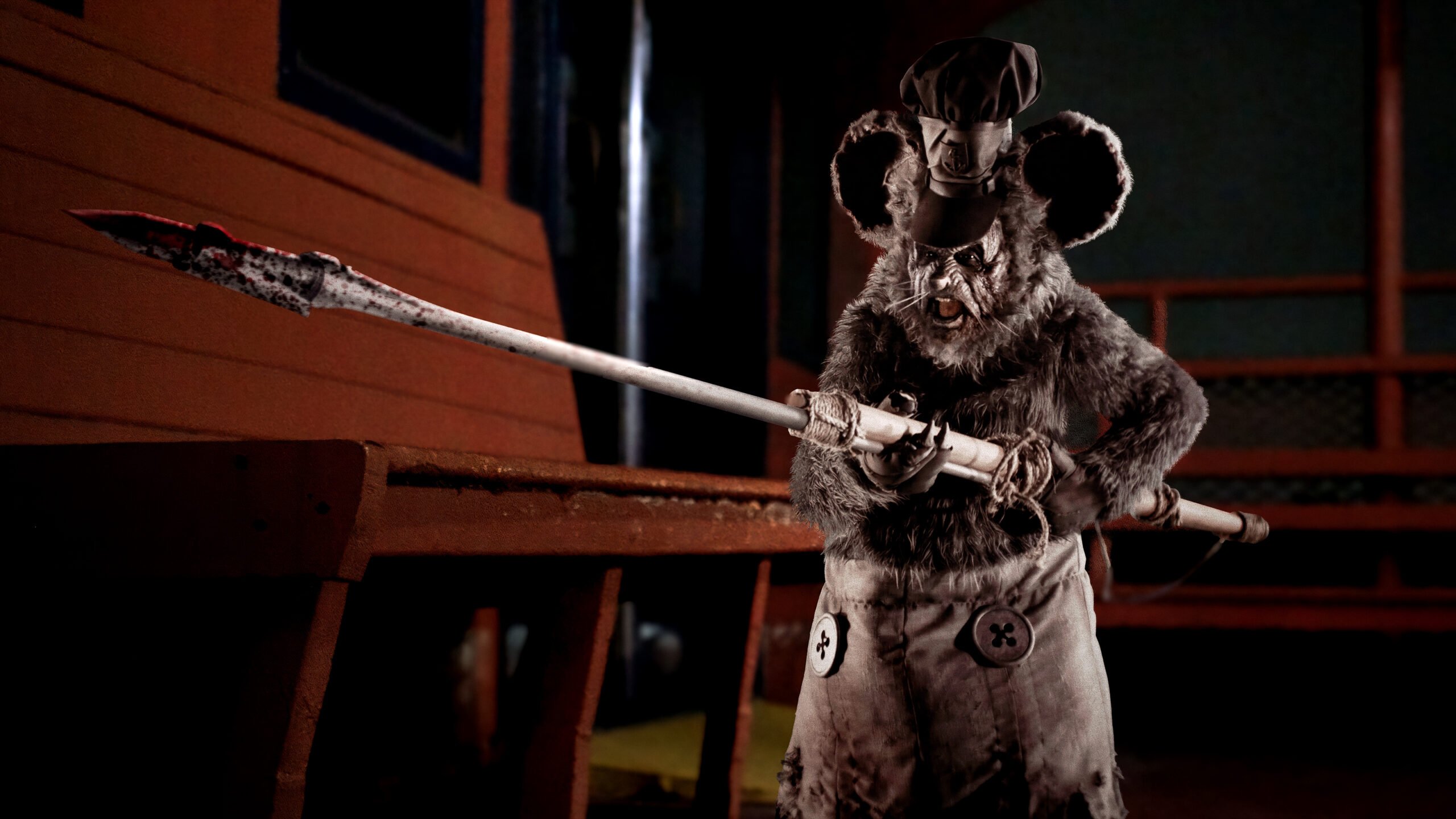













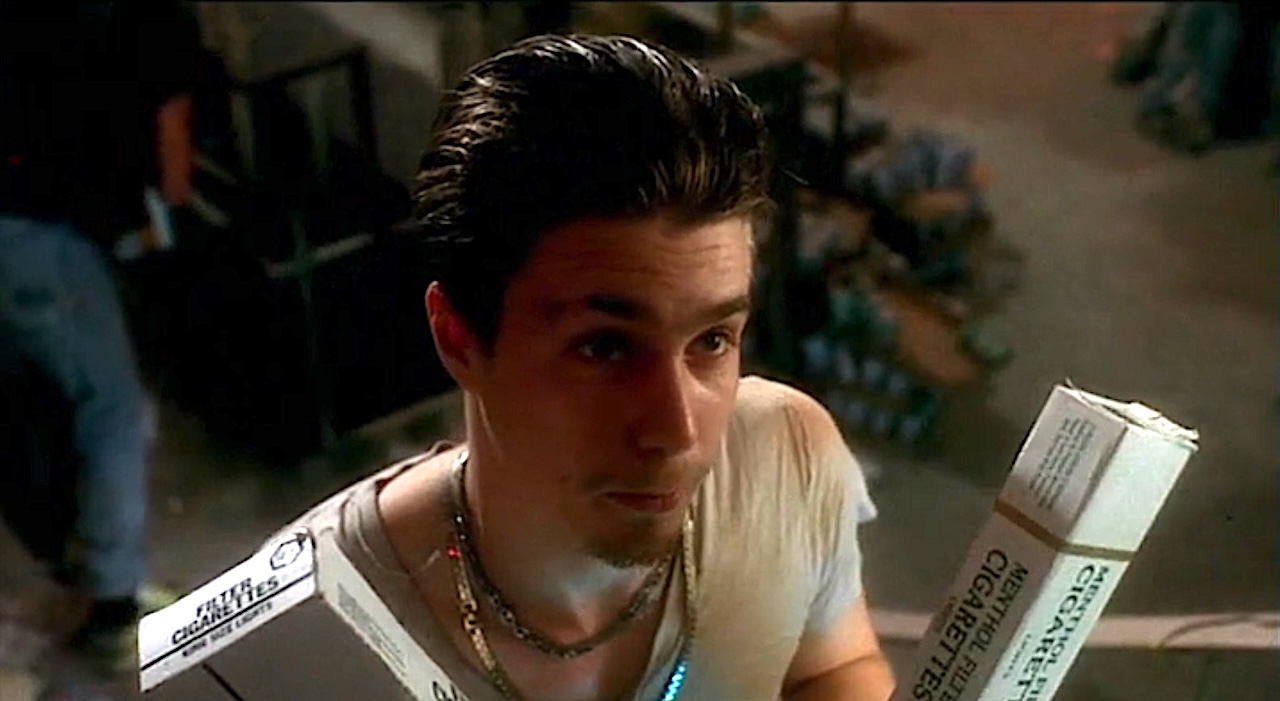







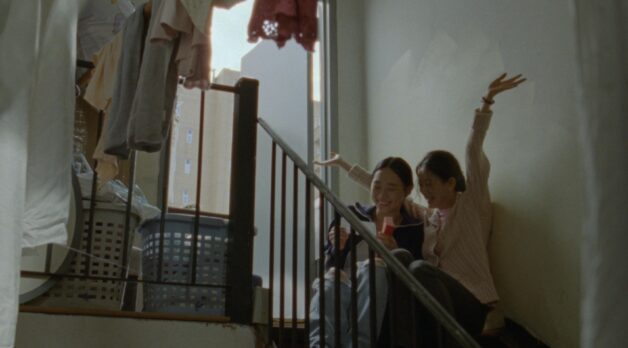


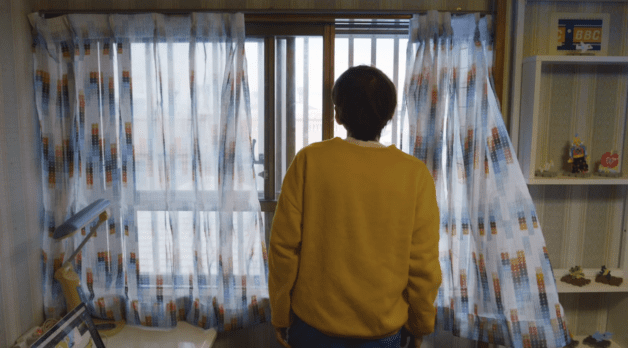




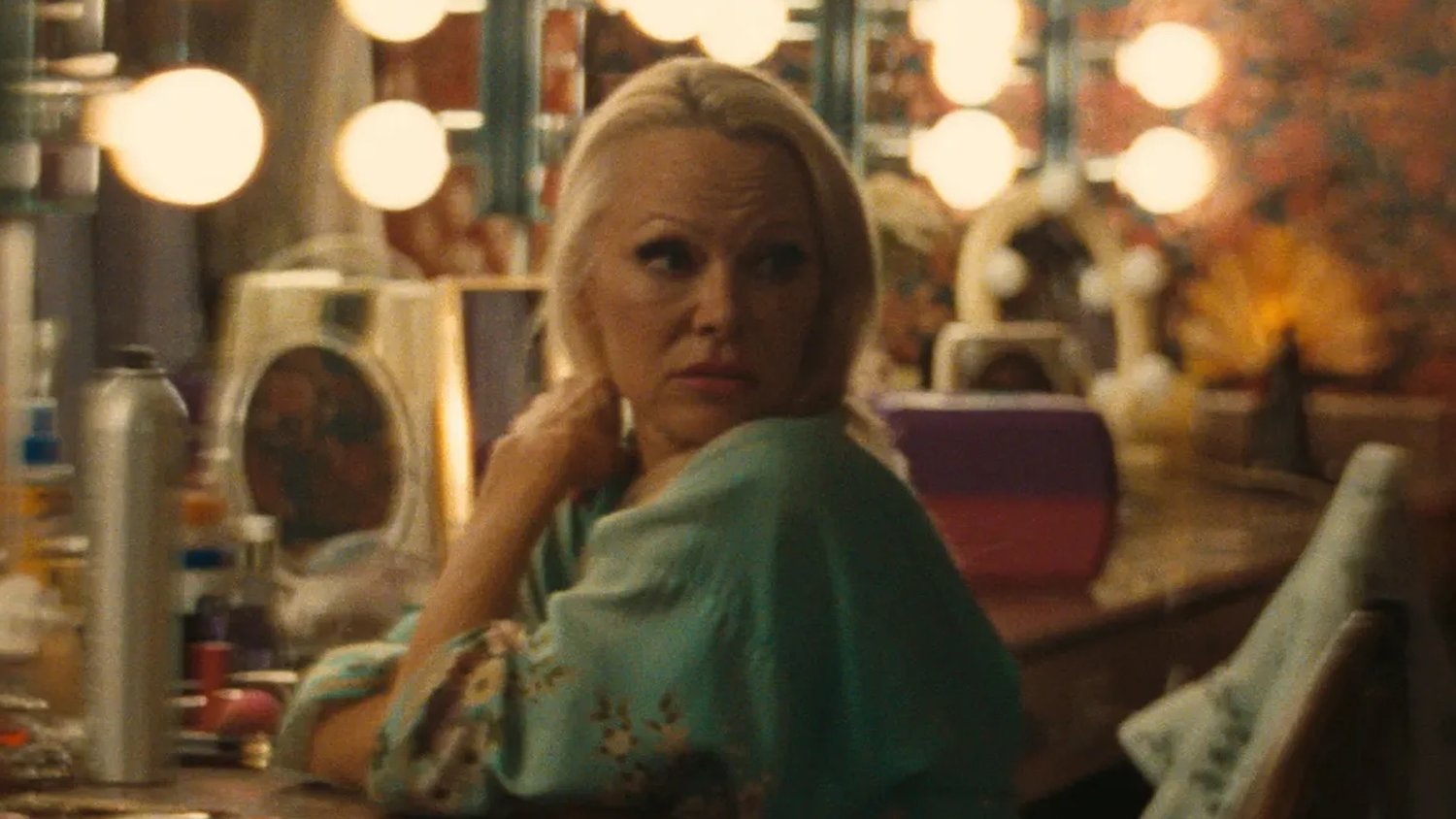
















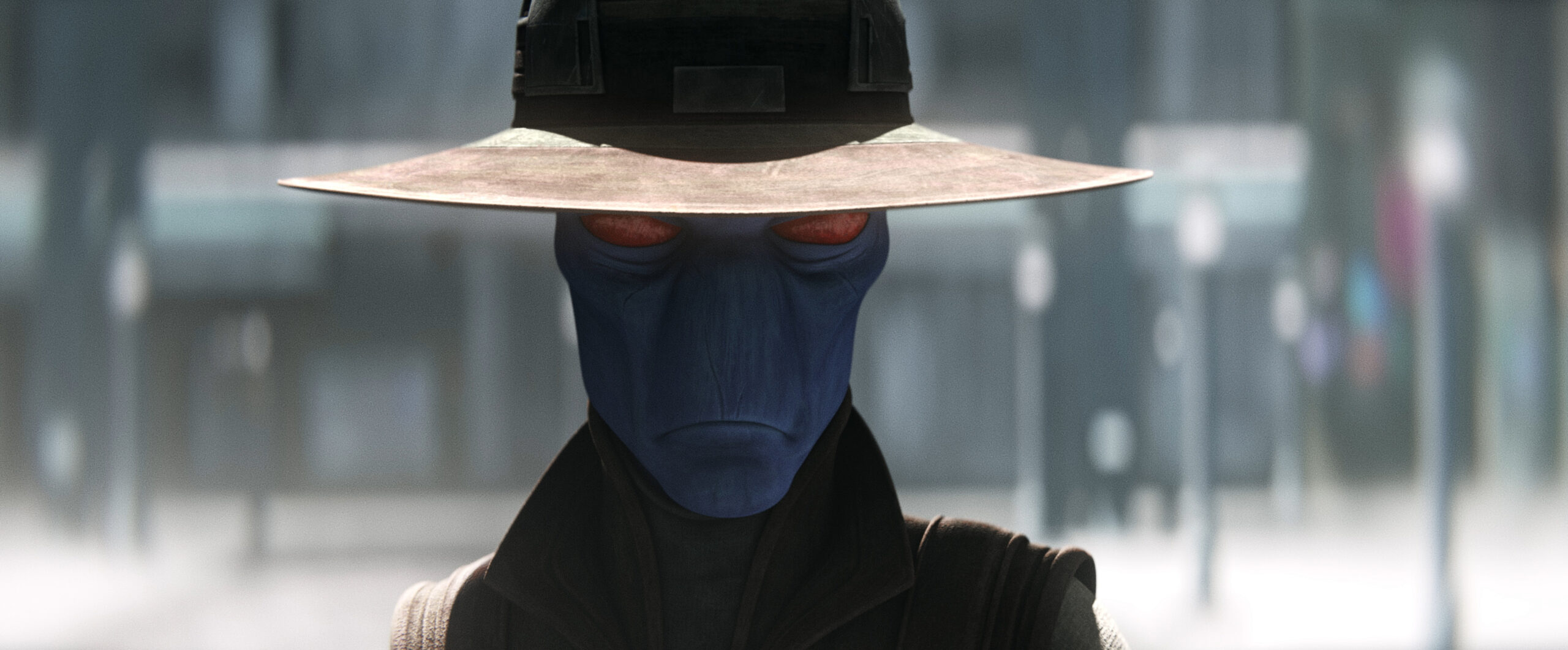

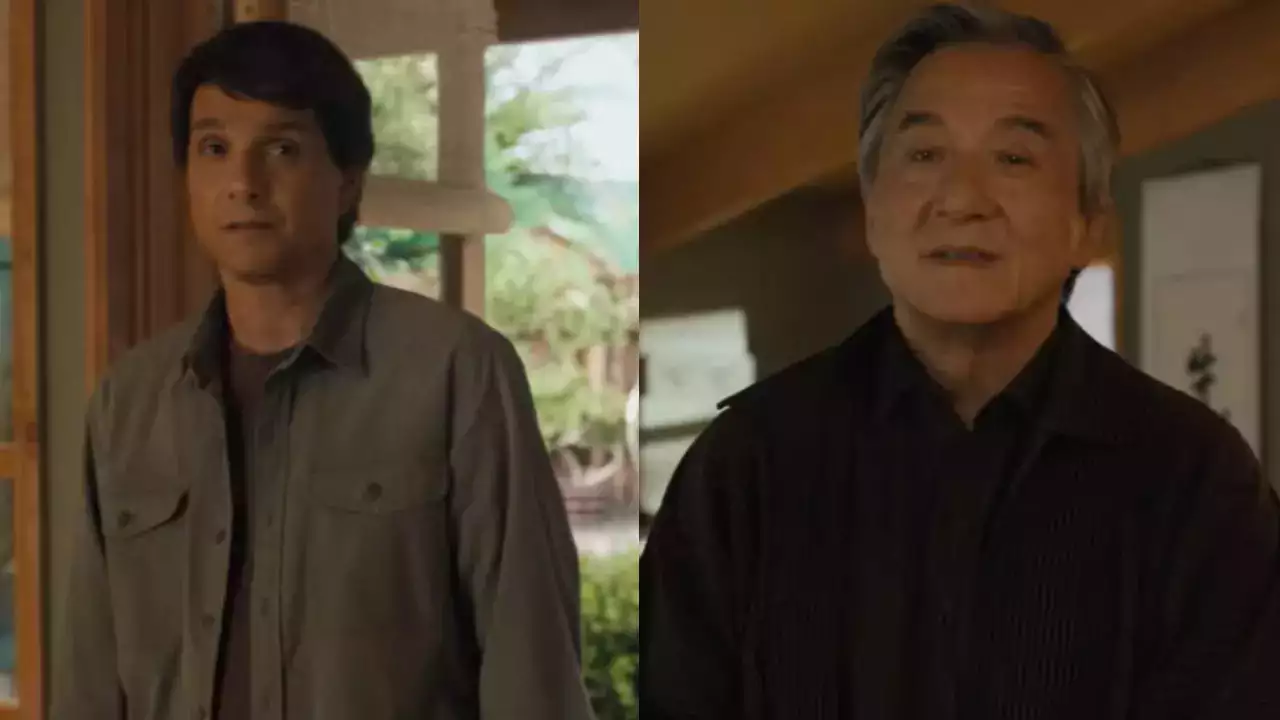



















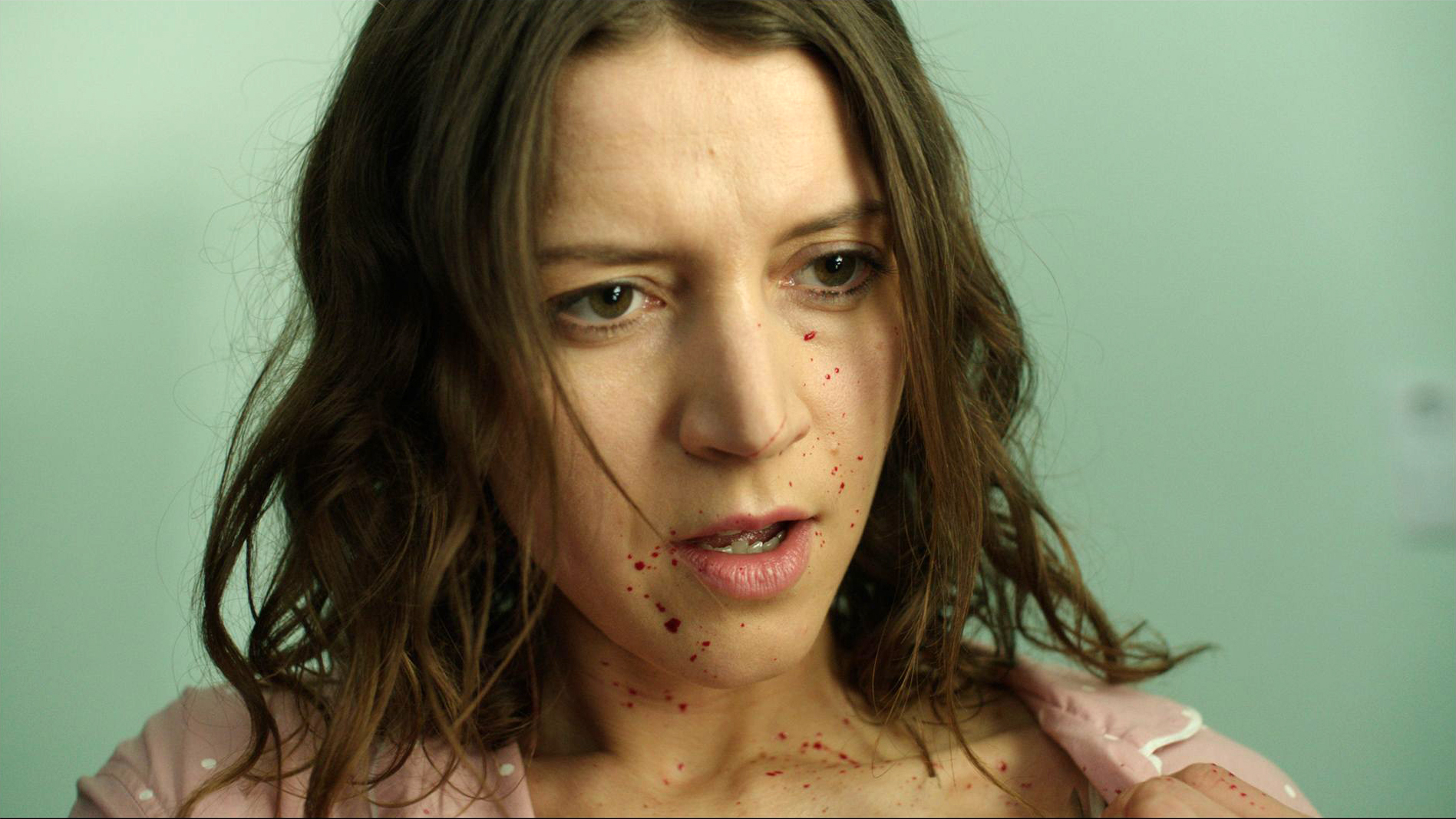



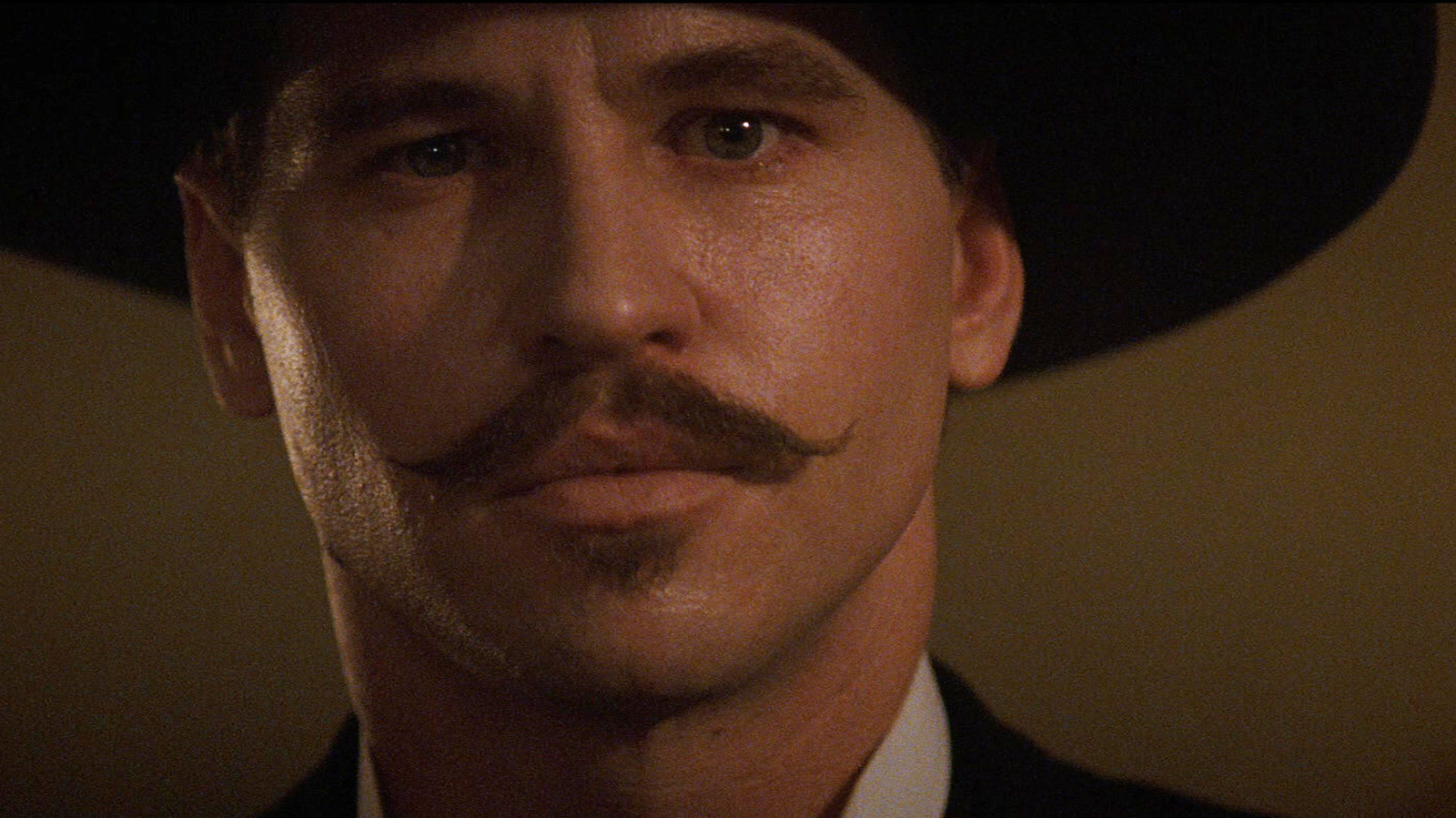






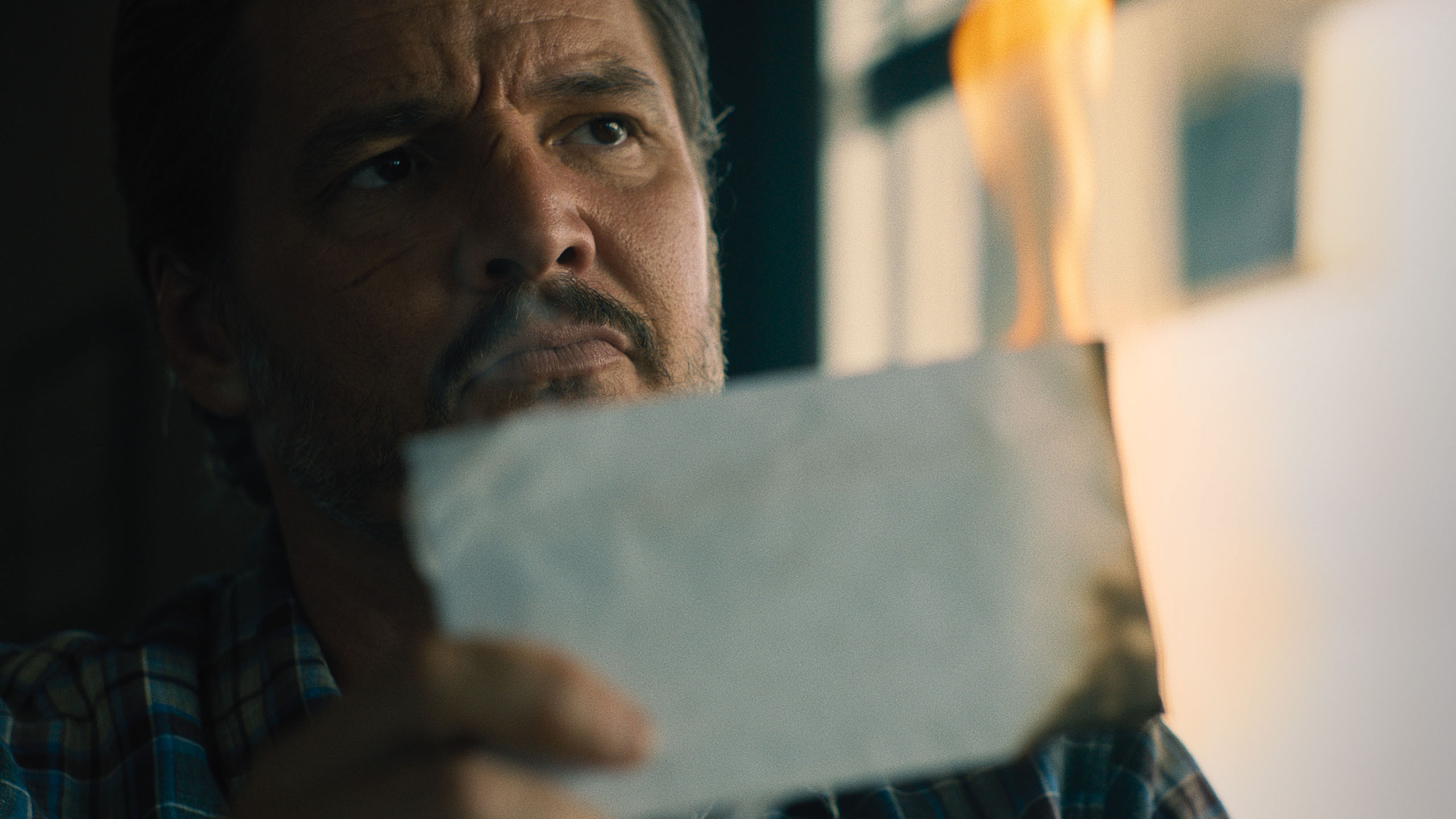


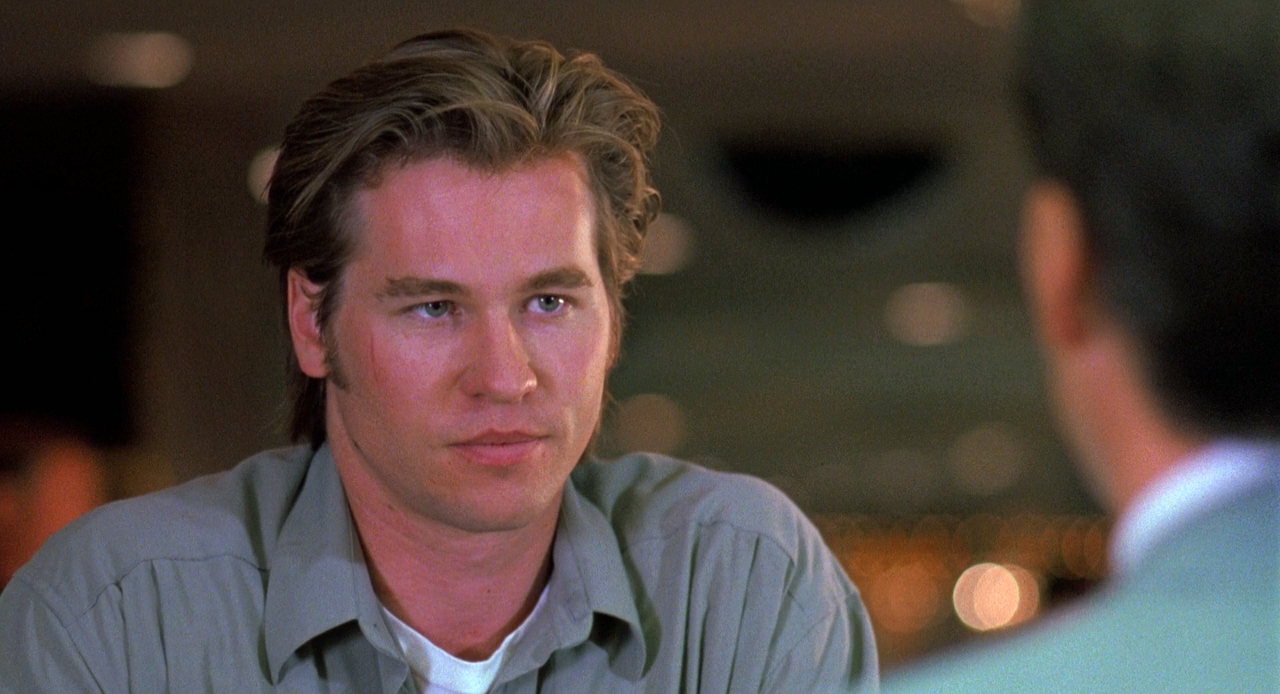




![‘Project Hail Mary,’ ‘Masters of the Universe,’ ‘After The Hunt’ Provide Amazon MGM Studios With Some Legit Fire [CinemaCon]](https://cdn.theplaylist.net/wp-content/uploads/2025/04/03034142/AmazonMGMStageCinemaCon.jpg)
![‘Wicked For Good’ & ‘Jurassic World Rebirth’ Look Massive For Universal Pictures [CinemaCon]](https://cdn.theplaylist.net/wp-content/uploads/2025/02/12165521/WickedSunset.jpg)
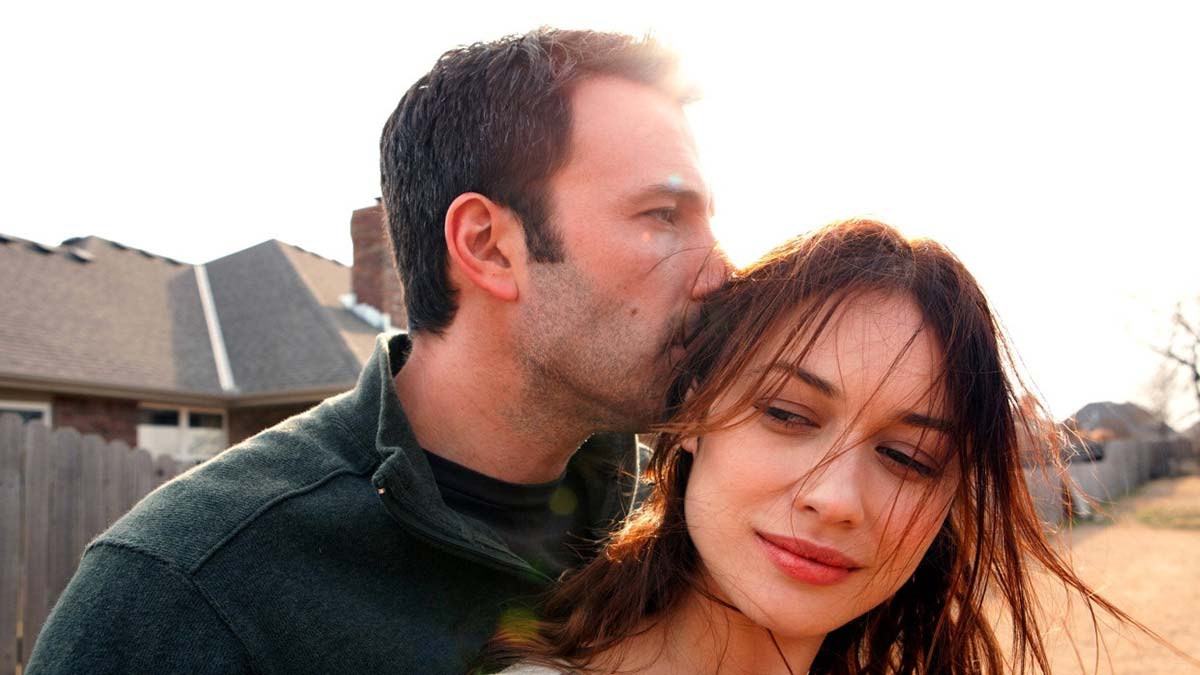
![‘Five Nights At Freddy’s 2’ Teaser Revealed & ‘How To Train Your Dragon 2’ Announced For 2027 [CinemaCon]](https://cdn.theplaylist.net/wp-content/uploads/2025/04/02205821/Screenshot-2025-04-02-at-8.57.40-PM.jpg)
































































































































































